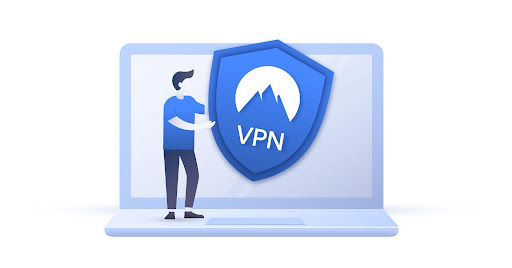Online movie streaming services like Netflix, Hulu, Amazon Prime Video, and Disney+ have become immensely popular in recent years. With a vast catalog of movies and shows available on-demand, it’s very tempting to get a subscription. However, streaming movies online also raises some privacy and security concerns. This is where a VPN (Virtual Private Network) comes in handy. But do you need a VPN for streaming movies online? Let’s weigh the pros and cons.
Pros of Using VPN for Movie Streaming
Access Geo-Restricted Content
Streaming services have different content libraries for different regions due to licensing restrictions. For example, Netflix USA has a much bigger catalog compared to Netflix India. With a VPN, you can change your virtual location and access geo-restricted content not available in your country.
Avoid Throttling by ISPs
Internet service providers often throttle bandwidth for streaming services during peak hours. This leads to constant buffering and interruptions. A VPN encrypts your internet traffic so that your ISP cannot identify streaming activity and throttle speeds.
Enhanced Privacy
A VPN routes your traffic through an encrypted tunnel. This prevents your ISP from monitoring your online activity and selling your data to advertisers. With a VPN, you can stream movies anonymously.
Secure Public Wi-Fi Access
Public Wi-Fi hotspots are often unsafe and prone to man-in-the-middle attacks. A VPN secures your connection on public networks, allowing you to stream safely from cafes, airports, etc.
Cons of Using VPN for Movie Streaming
Slower Internet Speeds
Connecting to a remote VPN server adds overhead, which can slow down your internet speed considerably. This may lead to frequent buffering and lower video quality.
Incompatibility with Streaming Services
Many streaming platforms block known VPN IP addresses. Your streaming service account could get banned if detected using a VPN.
Additional Costs
While some VPNs have free plans, most premium features require a paid subscription. This adds to the cost of your streaming services.
Setup and Configuration
Setting up and using a VPN takes some technical know-how. Connecting to VPN servers and switching locations is also not straightforward for non-tech-savvy users.
Note for Users
As discussed above, not all streaming services allow the use of VPN to enjoy their service. So, before paying a subscription fee to a paid VPN service, you must check the compatibility of VPN services with the online streaming platform you use. Earlier, Disney+ supported VPN, but now the app doesn’t even open after enabling VPN. So, keep this in mind.
The Verdict
For occasional geo-hopping and privacy protection, a premium VPN is worth considering. However, free VPNs often lack the speed and stability required for smooth HD streaming. The best approach is to use a paid VPN with fast servers, robust privacy policies, and reliable connections. Leading choices like Surfshark, ExpressVPN, and NordVPN work seamlessly with major streaming platforms.
The minor drop in internet speeds with a VPN is an acceptable trade-off for enhanced security and access to more content. Just make sure your VPN provider has servers near you and can unblock streaming services like Netflix. With the right VPN, you can enjoy buffer-free streaming while keeping your online activities private.







